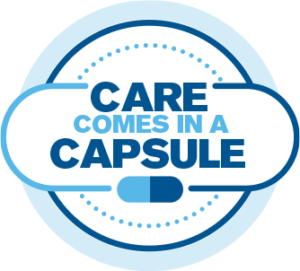Urate-lowering Therapy and Mitigare® (Colchicine)
The American College of Rheumatology (ACR) Guidelines for Management of Gout state that patients should begin taking an anti-inflammatory medicine such as colchicine either right before or when starting treatment with a urate-lowering therapy (ULT).2
Some commonly prescribed ULTs include:
- allopurinol
- Uloric® (febuxostat)
These therapies may not be appropriate for all adult patients; the full Prescribing Information, including contraindications, warnings, precautions and other dosing considerations, should always be consulted.
All registered trademarks are the property of their respective owners.


